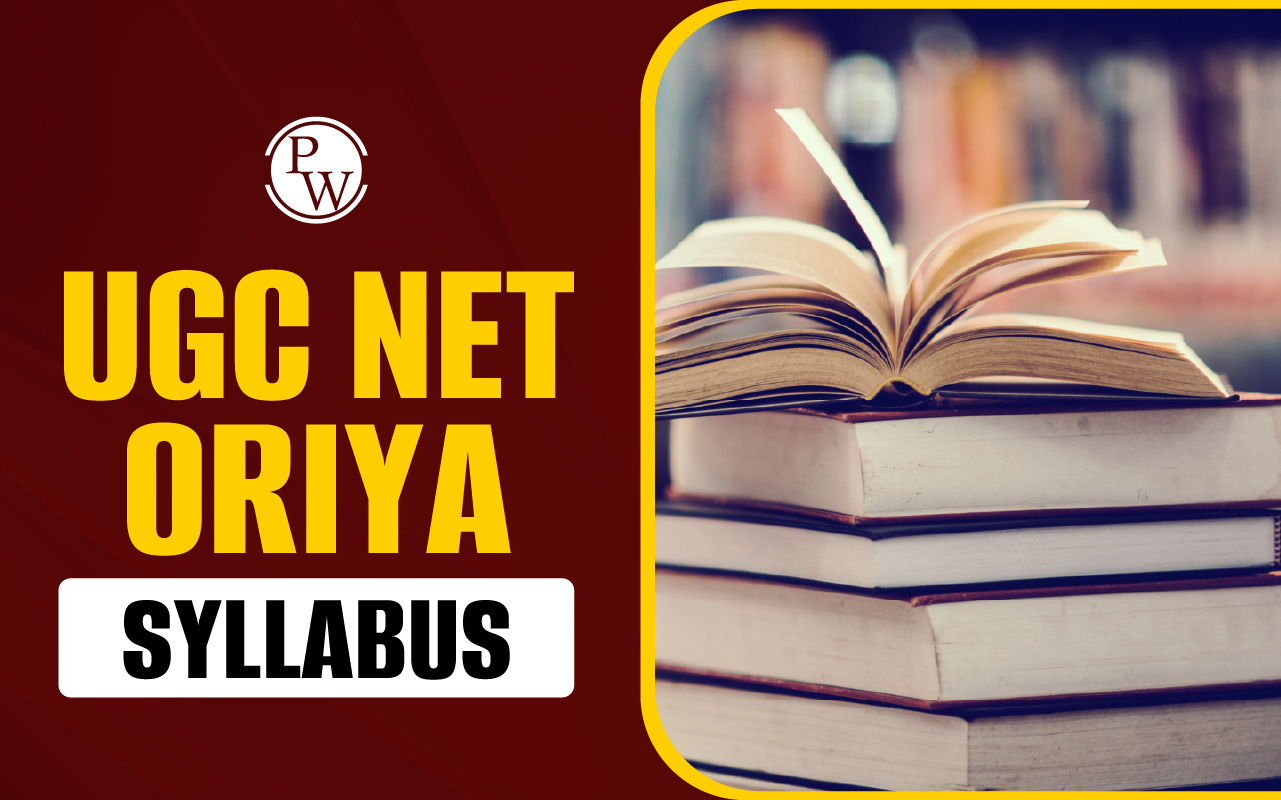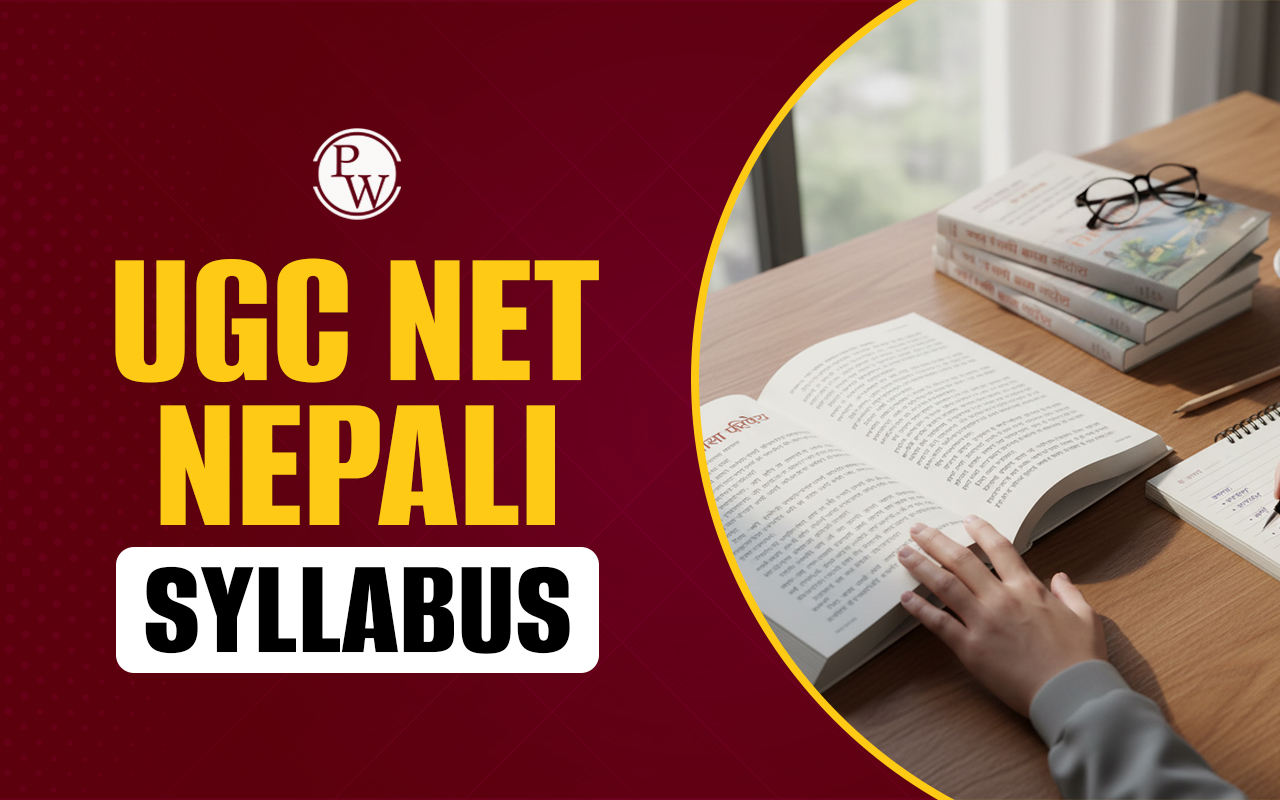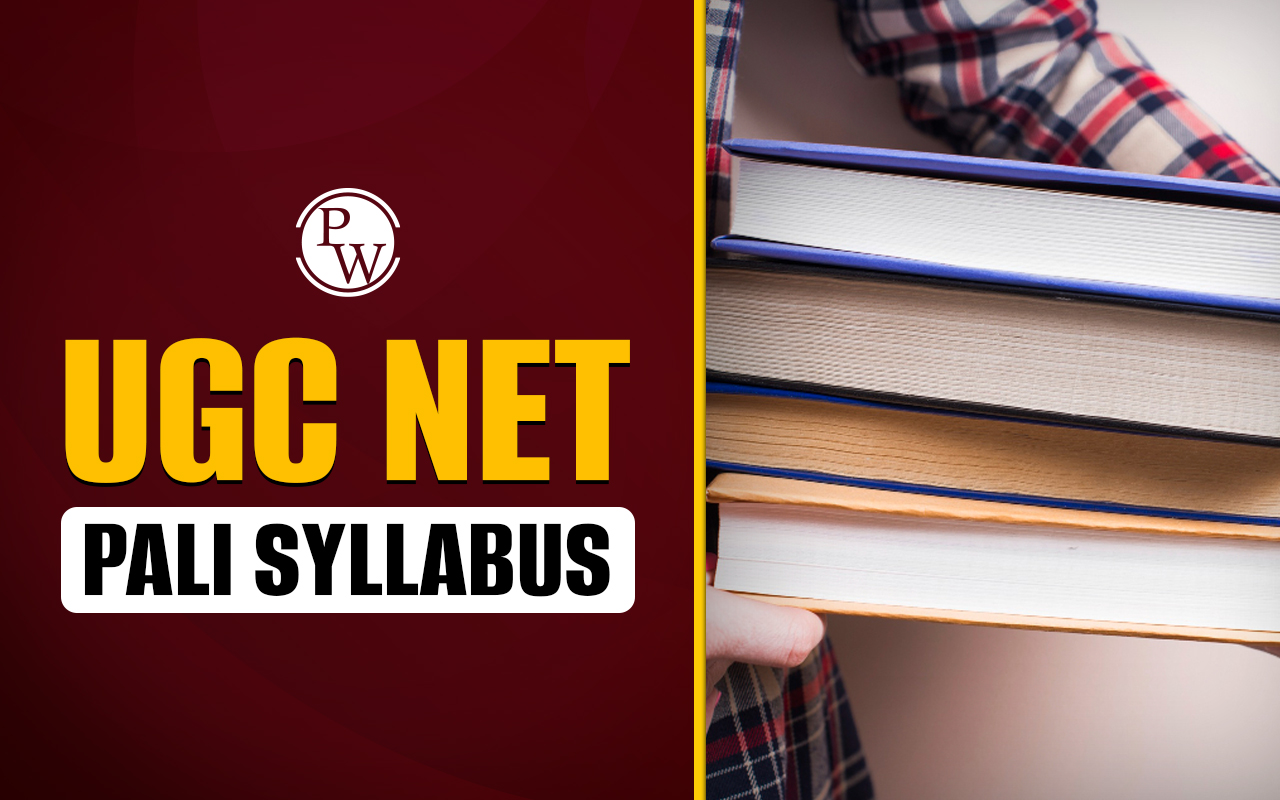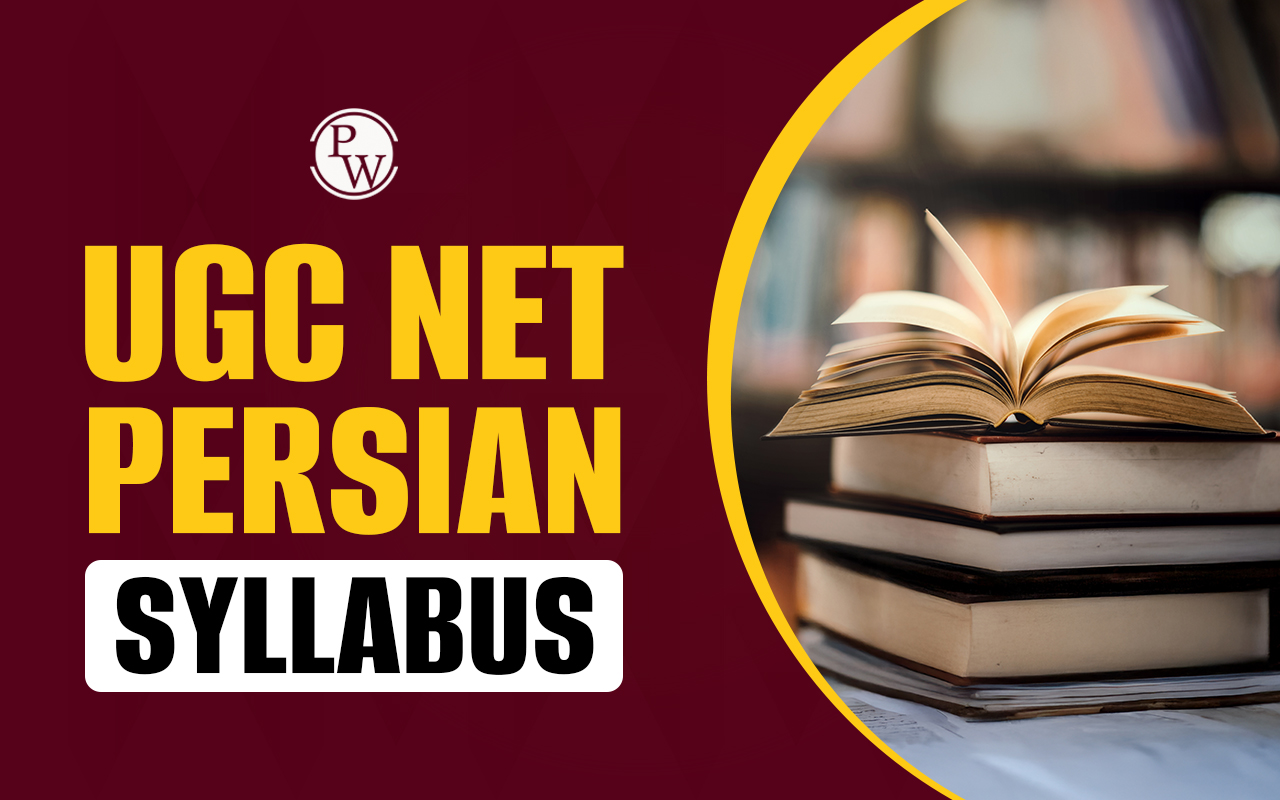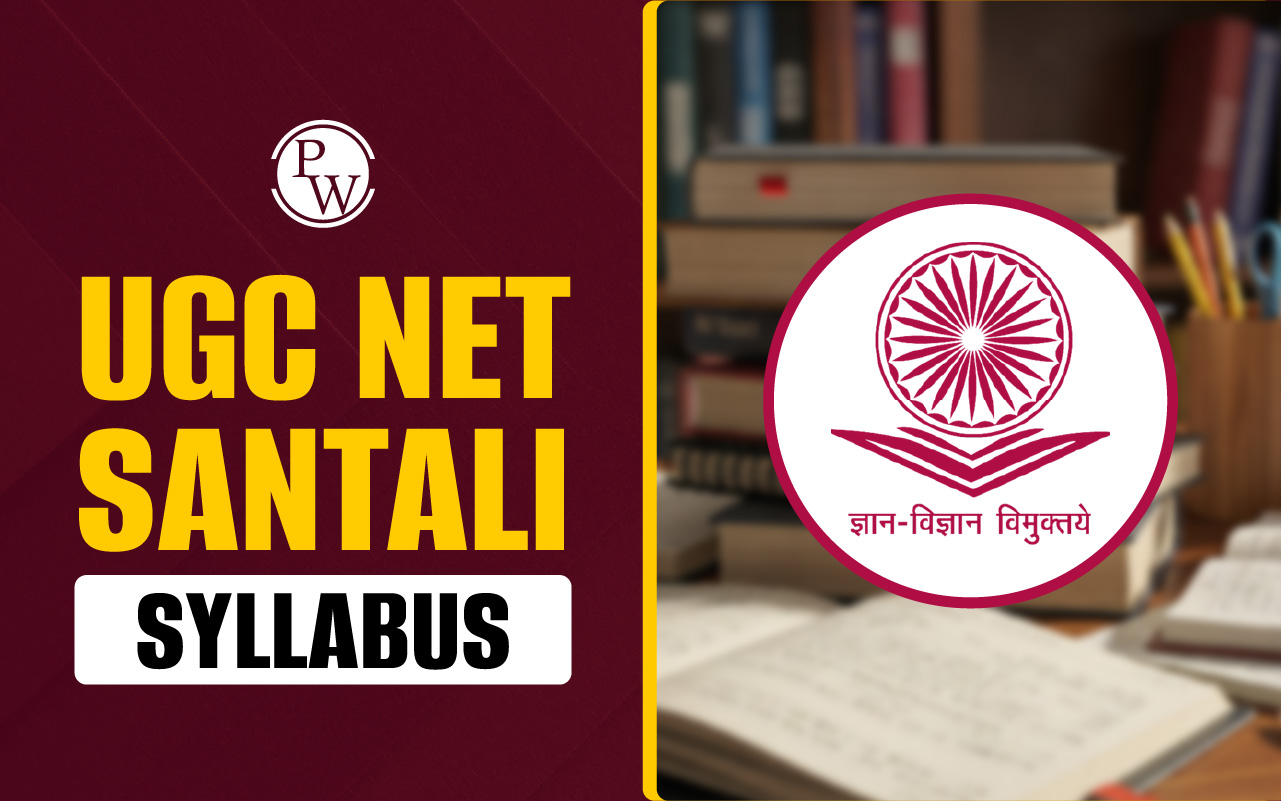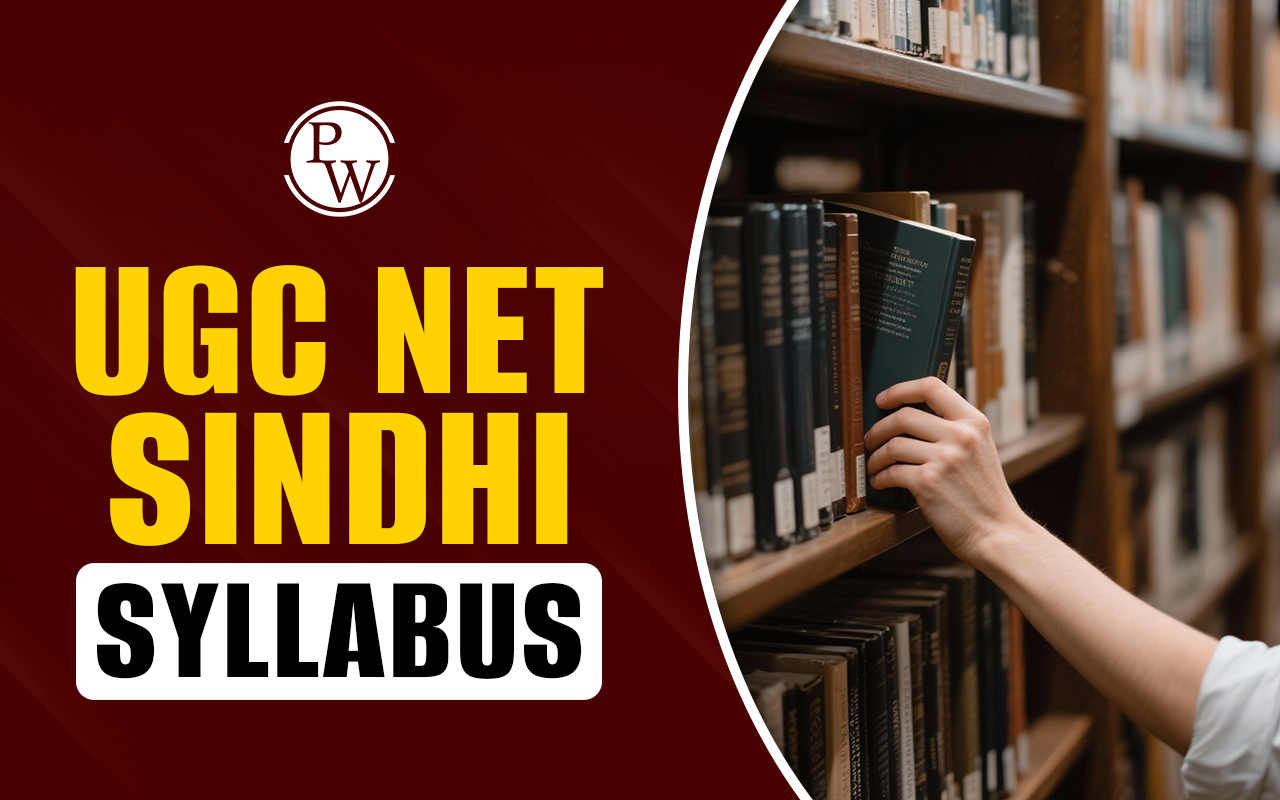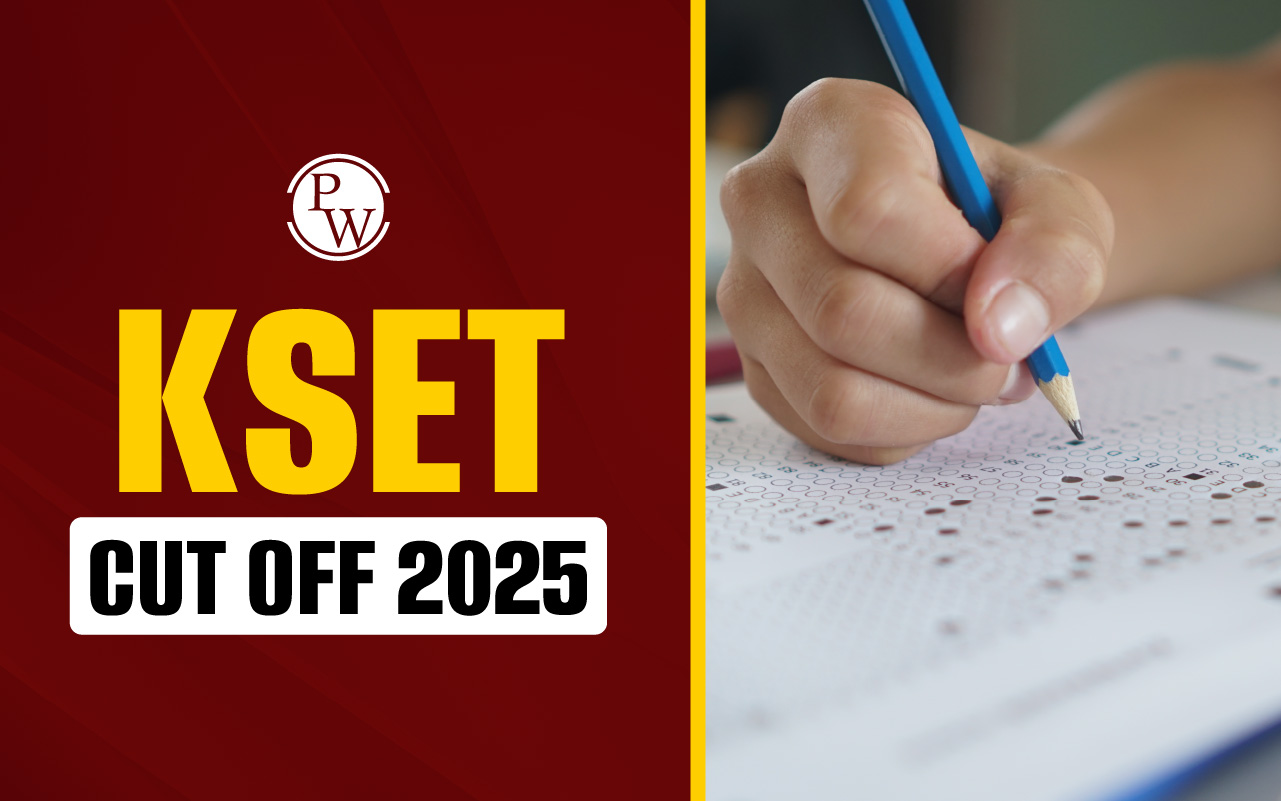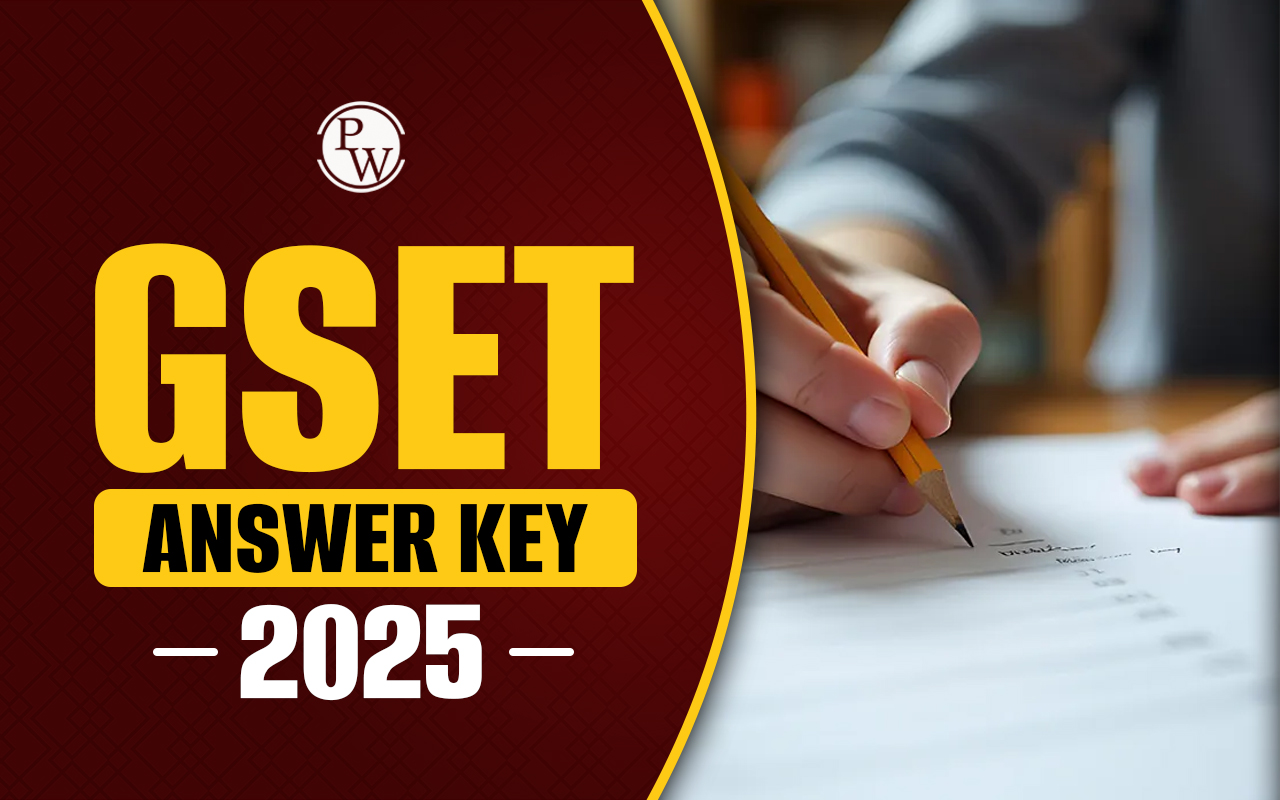
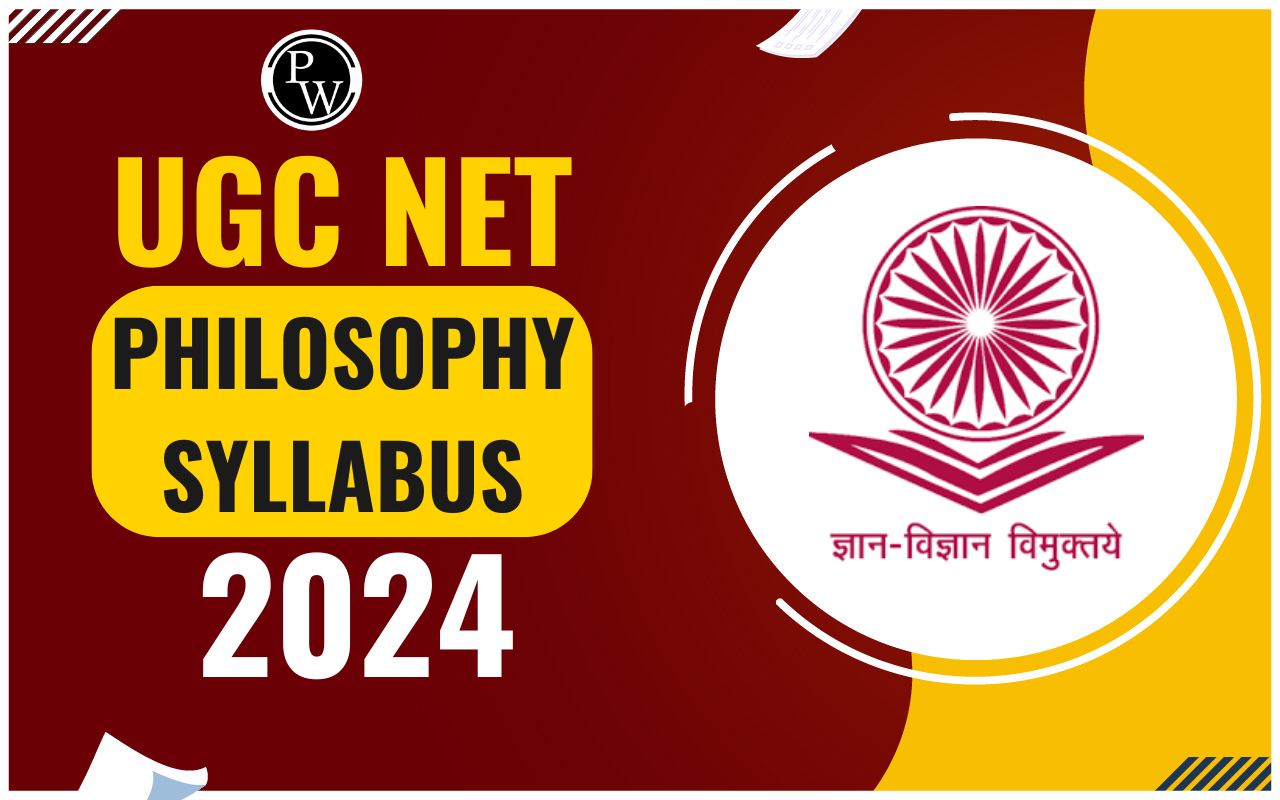
UGC NET Philosophy Syllabus 2024: The University Grants Commission (UGC) released the UGC NET Philosophy Syllabus 2024 on its official website. Candidates aspiring to qualify as Junior Research Fellow (JRF) or Assistant Professor in Philosophy must thoroughly review the updated UGC NET Syllabus and exam pattern to perform well in the UGC NET Philosophy Exam 2024.
UGC NET Philosophy Syllabus 2024
The National Testing Agency (NTA) released the UGC NET 2024 Notification on its official website on April 20, 2024. The UGC NET 2024 Examination will be conducted in an OMR-based mode on June 16, 2024. To efficiently prepare for the UGC NET 2024 Philosophy exam, candidates should start by understanding the UGC NET Exam Pattern and Syllabus. This will help them understand the structure and format of the UGC NET exam.UGC NET Philosophy Syllabus 2024 Overview
The National Testing Agency (NTA) will conduct the UGC NET 2024 exam, which is scheduled for 16 June 2024. This national-level exam is held twice a year and aims to recruit candidates for the posts of Assistant Professor and Junior Research Fellowship (JRF). Here is an overview of the UGC NET exam.| UGC NET Philosophy Syllabus 2024 Overview | |
| Exam Name | UGC NET 2024 |
| Conducting Body | National Testing Agency (NTA) |
| Post Category | UGC NET Philosophy Syllabus 2024 |
| UGC NET Exam Date 2024 | 16th June 2024 |
| Exam Level | National |
| Mode of Exam | OMR Based Mode |
| Medium of Exam | English and Hindi |
| Time Duration | 3 Hours |
| Number of Papers and Total Marks |
|
| Negative Marking | No Negative Marking |
| Official Website | https://ugcnet.nta.nic.in/ |
UGC NET Philosophy Syllabus 2024 PDF
The UGC NET Philosophy Syllabus 2024 PDF is an important resource for candidates preparing for the UGC NET 2024 exam. Candidates can download the UGC NET Philosophy Syllabus 2024 PDF in English and Hindi by clicking on the provided links.| UGC NET Philosophy Syllabus 2024 PDF | |
| UGC NET Philosophy Syllabus 2024 | Download PDF Links |
| UGC NET Philosophy Syllabus Paper 1(English) | Download PDF |
| UGC NET Philosophy Syllabus Paper 1 (Hindi) | Download PDF |
| UGC NET Philosophy Syllabus 2024 (English) | Download PDF |
| UGC NET Philosophy Syllabus 2024 (Hindi) | Download PDF |
UGC NET Philosophy Syllabus 2024 Paper 1
The UGC NET Philosophy Syllabus 2024 Paper 1 assesses candidates' teaching and research capabilities, focusing on their aptitude in these areas. Here's a breakdown of UGC NET Syllabus Paper 1:| UGC NET Philosophy Syllabus 2024 Paper 1 | |
| Unit | Syllabus |
| I (Teaching Aptitude) |
|
| II (Research Aptitude) |
|
| III (Comprehension) |
|
| IV (Communication) |
|
| V (Mathematical Reasoning and Aptitude) |
|
| VI (Logical Reasoning ) |
|
| VII (Data Interpretation) |
|
| VIII (Information and Communication Technology (ICT)) |
|
| IX (People, Development, and Environment) |
|
| X (Higher Education System) |
|
UGC NET Philosophy Syllabus 2024 Unit Wise
The UGC NET Philosophy Syllabus 2024 is structured into ten units, covering various aspects of Philosophy. Here is an overview of the UGC NET Philosophy Syllabus 2024 Paper 2.| UGC NET Philosophy Syllabus 2024 Unit Wise | |
| Unit | Topics |
| Unit 1: Classical Indian – Epistemology and Metaphysics |
|
| Unit 2: Classical Western – Ancient, Medieval, and Modern |
|
| Unit 3: Indian Ethics |
|
| Unit 4: Western Ethics |
|
| Unit 5: Contemporary Indian Philosophy |
|
| Unit 6: Recent Western Philosophy |
|
| Unit 7: Social and Political Philosophy: Indian |
|
| Unit 8: Social and Political Philosophy: Western |
|
| Unit 9: Logic |
|
| Unit 10: Applied Philosophy |
|
UGC NET Philosophy Exam Pattern 2024
The UGC NET Philosophy exam will consist of two papers: Paper 1 and Paper 2. Paper 1 is compulsory and general for all candidates, while Paper 2 is optional and subject-specific. The examination will be conducted in offline mode. The UGC NET exam pattern for Philosophy is given in detail below.| UGC NET Philosophy Exam Pattern 2024 | ||||
| Paper | Sections | Number of Questions | Maximum Marks | Duration |
| Paper 1 |
Teaching Aptitude, Research Aptitude, Reading Comprehension, Communication, Reasoning (including Maths), Logical Reasoning, Data Interpretation, Information & Communication Technology (ICT), People & Environment, and Higher Education System |
50 | 100 | 3 Hours |
| Paper 2 |
Philosophy |
100 | 200 | |
UGC NET Philosophy Syllabus 2024 FAQs
When is the UGC NET Philosophy exam scheduled for 2024?
The UGC NET Philosophy exam 2024 is scheduled for June 16, 2024.
What is the concept of Purushartha in Indian Ethics?
Purusartha refers to the four goals of human life: Dharma (duty/righteousness), Artha (wealth/prosperity), Kama (pleasure/desire), and Moksha (liberation).
What are the sections included in UGC NET Paper 1?
Sections in UGC NET Paper 1 include Teaching Aptitude, Research Aptitude, Reading Comprehension, Communication, Reasoning, Logical Reasoning, Data Interpretation, ICT, People & Environment, and Higher Education System.
How many papers are there in the UGC NET Philosophy exam?
There are two papers in the UGC NET Philosophy exam - Paper 1 and Paper 2.
What is the mode of the UGC NET exam?
The UGC NET exam is conducted in an OMR-based mode.
Talk to a counsellorHave doubts? Our support team will be happy to assist you!

Free Learning Resources
PW Books
Notes (Class 10-12)
PW Study Materials
Notes (Class 6-9)
Ncert Solutions
Govt Exams
Class 6th to 12th Online Courses
Govt Job Exams Courses
UPSC Coaching
Defence Exam Coaching
Gate Exam Coaching
Other Exams
Know about Physics Wallah
Physics Wallah is an Indian edtech platform that provides accessible & comprehensive learning experiences to students from Class 6th to postgraduate level. We also provide extensive NCERT solutions, sample paper, NEET, JEE Mains, BITSAT previous year papers & more such resources to students. Physics Wallah also caters to over 3.5 million registered students and over 78 lakh+ Youtube subscribers with 4.8 rating on its app.
We Stand Out because
We provide students with intensive courses with India’s qualified & experienced faculties & mentors. PW strives to make the learning experience comprehensive and accessible for students of all sections of society. We believe in empowering every single student who couldn't dream of a good career in engineering and medical field earlier.
Our Key Focus Areas
Physics Wallah's main focus is to make the learning experience as economical as possible for all students. With our affordable courses like Lakshya, Udaan and Arjuna and many others, we have been able to provide a platform for lakhs of aspirants. From providing Chemistry, Maths, Physics formula to giving e-books of eminent authors like RD Sharma, RS Aggarwal and Lakhmir Singh, PW focuses on every single student's need for preparation.
What Makes Us Different
Physics Wallah strives to develop a comprehensive pedagogical structure for students, where they get a state-of-the-art learning experience with study material and resources. Apart from catering students preparing for JEE Mains and NEET, PW also provides study material for each state board like Uttar Pradesh, Bihar, and others
Copyright © 2025 Physicswallah Limited All rights reserved.
Get App




